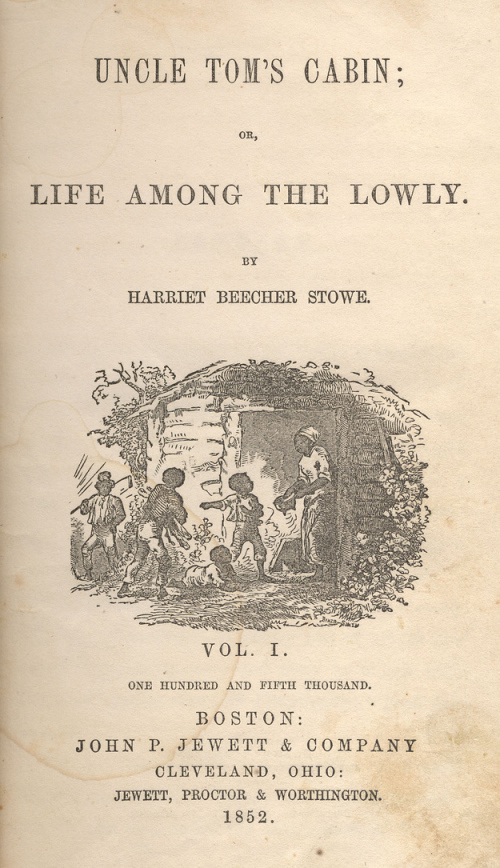When you watch a terrifying or heartbreaking documentary, are you moved to do something more than just “share” the news on Twitter and Instagram?
Participant Media is trying to discover what films work on the people’s social conscience and what films don’t. To do this, it has developed, with assistance from the Annenberg school’s Media Impact Project, an interesting index intended to measure audience reaction.
As reported in a recent article in the New York Times, the new index “compiles raw audience numbers for issue-driven narrative films, documentaries, television programs and online short videos, along with measures of conventional and social media activity, including Twitter and Facebook presence. The two measures are then matched with the results of an online survey, about 25 minutes long, that asks as many as 350 viewers of each project an escalating set of questions about their emotional response and level of engagement.”
Early results are surprising, and tend to show a gap between emotional response and taking action.
One film in particular, “The Cove” about the killing of dolphins in Japan sold poorly (only $1.2 million in ticket sales worldwide). It seems activists are not keen to see the movie because of its gory content, but are willing to “sign up”, said Chad Boettcher, Participant’s executive vice president for social action.
What would be interesting is to know exactly how the Participant index defines “taking action”, especially in the Internet age.
In the real world, away from Internet, there are all sorts of ways to express political activism, from street marches to sit-ins to boycotts as well as more institutionalized forms, both illegal, like the famous Black Block in Italy, and legal like industry lobbies in Washington D.C.
There are also different forms of activism, from “judicial activism”, a term introduced by Arthur Schlesinger, Jr., in a January 1947 Fortune Magazine article titled “The Supreme Court: 1947”, to environmental and climate activism, the latter having sprouted a new genre of literature, climate fiction.
Does the Participant index consider “hashtag activism” as “taking action”? Unfortunately, the New York Times article does not clarify this point. But according to “conventional wisdom”, the Internet multiplies the speed, reach and effectiveness of activism. So it may be possible that the Participant index counts a reaction on Twitter or Facebook as the equivalent of “taking action”.
But is activism really more effective thanks to tweets and Facebook “likes”?
This is an important point: “hashtag activism” is definitely on the rise, there have been many such campaigns recently, notably the #BringBackOurGirls, a response to the May kidnapping of hundreds of young girls by the infamous Boko Haram in Nigeria that has garnered over 4.5 million tweets. Alas to no avail so far, as we all know.
There is a real danger that social media siphon activist energies off on the Net, giving people the illusion that they are being “active”. It’s just too easy to press that “share” button and be done with it. It’s also too easy to “sign” online petitions from Green Peace and Avaaz, maybe donating a few dollars via Paypal.
Can we expect more activism from literature?
Literature is a “slow form” of art compared to films. “Slow” in the sense that it takes more time to “consume” a book than to watch a movie.
Historically, literary pieces are supposed to have stimulated political activism with extraordinary results. In the Anglo-American world, mention is always made of Uncle Tom’s Cabin as the novel that heralded in the American Civil War and the end of slavery in America. I say “heralded” because it may have changed the mindset of many Americans, but it is hard to prove a cause-and-effect linkage.
When Harriet Beecher Stowe visited Lincoln in 1862, the President reportedly exclaimed: “Is this the little woman who made this great war?” This of course may be apocryphal. Clearly, a single novel was not the cause of the war, there were many. But it did influence society and the way slavery was viewed. Readers related to the characters in a deep, emotional way. Predictably, the book was highly controversial in the South and often denounced.
Yet Uncle Tom’s Cabin was not alone. Started as a series in a magazine, it was published as a book in 1852. Political activists preceded it: There had been an abolitionist press active in the U.S. since the 1830s. And political activists surrounded it: The new Republican party was established in the 1850s to oppose the spread of slavery from the South to the rest of the country.
In France, what comes to mind immediately is the famous episode when author Emile Zola risked his career publishing his “J’accuse” on the first page of a Parisian daily, “l’Aurore”, accusing the French army of antisemitism and obstruction of justice.
But here too, it took time to obtain results. That Zola letter published in 1898 helped to lead to Dreyfus’s liberation but not his rehabilitation. The so-called “Dreyfus scandal” continued to divide the country between anti-Semites and those defending justice, for another 8 years. And it led to a second court-martial in which Dreyfus was again found guilty. Not until 1906 was Dreyfus finally fully exonerated and re-instated in the army.
In conclusion, the linkages between a film or a piece of literature and activism are both numerous and tenuous and, that is the main point: They take time to produce tangible results – things that go beyond a “like” or an angry face on Facebook and a tweet.













